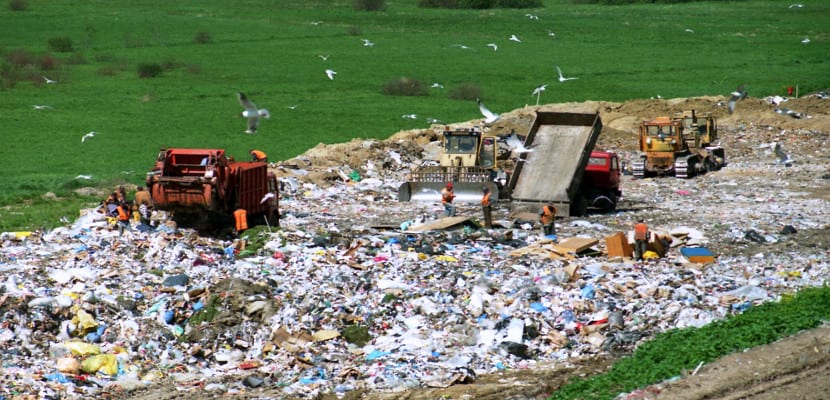
One of the arguments that are most used when it is necessary to defend the book or when the book is compared with the eReader is that the book does not need electricity and therefore does not pollute or cannot pollute as much as an eReader. You can also give the reverse justification and that the eReader is the least polluting element since trees are not cut down to make paper. It is a very controversial subject although more and more exhaustive studies are being done on the subject.
Perhaps the most relevant study is the one carried out by Emma ritch, in which it studies the polluting contribution it makes the Kindle and the book. By Ritch's data, a Kindle throughout its life pollutes the environment with 168 kg of CO2, while if we read an average of three books per month, for four years, which would be the equivalent to the useful life of the eReader, the pollution to the environment would be greater, about 1.074 kg of CO2.
Paper, a big nuisance for the environment
In this comparison of what pollutes the most, paper appears as one of the waste that, although it is recyclable, is enormous and therefore is still a burden. In addition, to this we must add the recycling process, a process that generates a polluting cost that must be taken into account. It is estimated that approximately 35% of the garbage in landfills corresponds to paper or cellulose and if we add the amount of books that by habit and / or inertia we do not use or do not recycle, the polluting effect of paper is still considerable and take into account .
The eReader battery, an element that contaminates?
Normally the screen and the battery are the two most polluting elements of an eReader and those that are usually taken into account, however they are not the only elements to take into account. With each update of each eReader, the data center becomes a very important resource, a resource that pollutes. Thus, the Amazon data center, for example, pollutes almost as much as the batteries of your kindles since the energy expenditure for being 24 h. in operation as well as the emissions that all this causes is enormous. The same happens in other companies like Kobo or Apple.
However, the big problem right now is not about the screen or about the polluting effects of some eReader functionalities, but the serious situation that is being experienced with the batteries. Most mobile devices: laptops, smartphones, tablets, eReaders, etc ... They are based on lithium batteries, a highly polluting mineral that is increasingly scarce, to such an extent that in the coming months we could see their use reduced or the price increased. Batteries are a big problem, which is why many eReaders like the Kindle take on great importance by ensuring a charge each month. Still, if you start with renew eReaders plans, the battery would stop being an element that pollutes to become a great problem of society.
Conclusion
Let us take into account the element we want, both the book and the eReader pollute the environment, therefore, today the best recommendation that can be made is that it be used responsibly. If we really read more than three books a month, the eReader is the best option, it is less polluted, but if we don't read even two books a year, the purchase of an eReader or a tablet is the most polluting since the use that is da will not justify the pollution it has generated or will generate. Can you think of any other measure to avoid contaminating the pleasure of reading? What do you think is better for the environment? Have you ever considered the polluting effects of the profits of large companies such as data synchronization, space in the Cloud, etc?